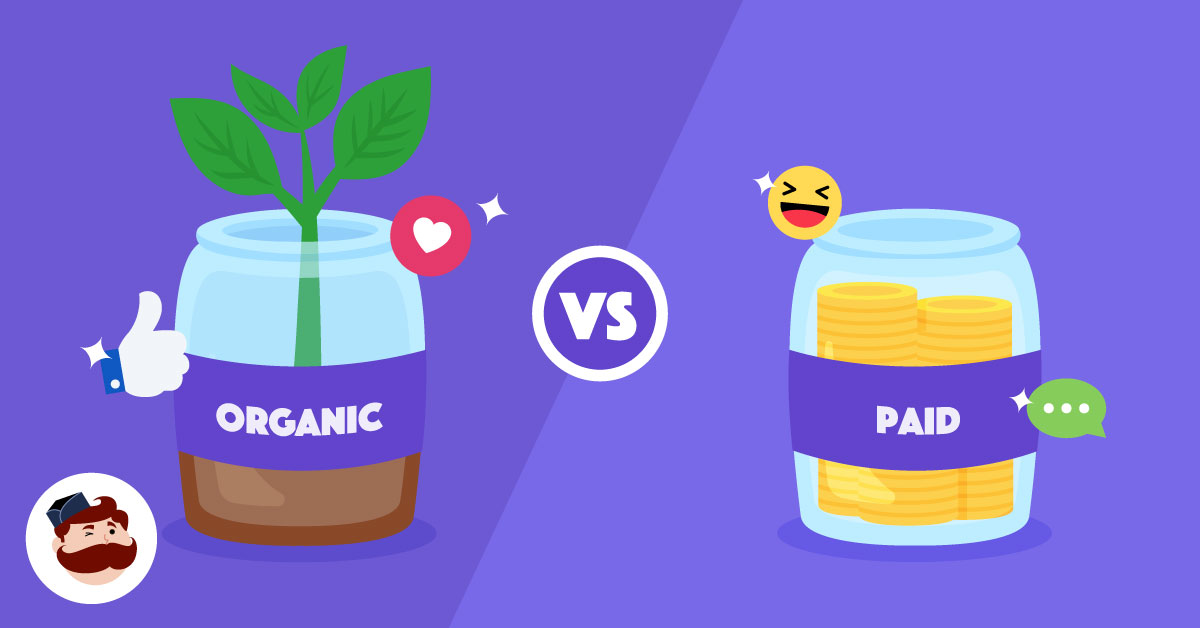Social Media Advertising: Is Organic Reach Dead?

Social media platforms have long been a cornerstone of digital marketing strategies, offering businesses the opportunity to connect with their target audience in a more personalized and engaging way. However, there has been an ongoing debate in recent years about the state of organic reach on these platforms. Some argue that it is on the decline, while others believe it’s still a viable and valuable channel for reaching audiences. In this article, we’ll delve into this debate and explore how the perceived decline in organic reach affects digital marketing efforts.
The Evolution of Social Media Reach
To understand the current state of organic reach on social media, it’s essential to consider its evolution over the years. In the early days of social media, organic reach was relatively high. Businesses and brands could post content, and it would naturally appear in the feeds of their followers. However, as social media platforms matured and the user base expanded, competition for space in users’ feeds increased.
The Rise of Algorithmic Feeds
One significant factor contributing to the debate over organic reach is the adoption of algorithmic feeds by social media platforms. Platforms like Facebook, Instagram, and Twitter now use complex algorithms to curate users’ feeds. These algorithms take into account various factors, such as a user’s engagement history, interests, and the quality of the content. As a result, not all content is given equal visibility.
The Paid Advertising Boom
Another aspect of the changing landscape is the rise of paid advertising on social media. To monetize their platforms, social media companies have increasingly emphasized paid advertising options. This shift has led to concerns that organic content is being deprioritized in favor of paid promotions.
Factors Influencing Organic Reach
While the debate rages on, it’s crucial to acknowledge that several factors can influence organic reach on social media:
- Content Quality: High-quality, engaging content is more likely to garner organic engagement and reach.
- Algorithm Changes: Social media platforms frequently update their algorithms, affecting how content is distributed.
- Audience Engagement: The level of engagement your audience has with your content can impact how often your posts appear in their feeds.
- Platform Choice: Different platforms have different organic reach dynamics. What works on one may not work on another.
The Impact on Digital Marketing
So, how does the perceived decline in organic reach affect digital marketing efforts?
- Increased Reliance on Paid Advertising: Many businesses have increased their investment in paid social media advertising to maintain visibility. This has led to higher competition and costs in the paid advertising space.
- Content Strategy Shift: Brands are evolving their content strategies to focus on creating high-quality, engaging content that resonates with their audience and encourages sharing and engagement.
- Diversification: Marketers are exploring other digital marketing channels, such as email marketing, influencer collaborations, and search engine optimization (SEO), to diversify their reach beyond social media.
While the debate over whether organic reach on social media is dead or alive continues, it’s clear that the landscape has evolved. Organic reach may not be as robust as it once was, but it is far from obsolete. A successful digital marketing strategy in the modern era requires a balance between organic and paid efforts, a commitment to producing valuable content, and a willingness to adapt to the ever-changing algorithms of social media platforms. Ultimately, organic reach may not be dead, but it has certainly evolved, and marketers must evolve with it to stay ahead in the digital marketing game

